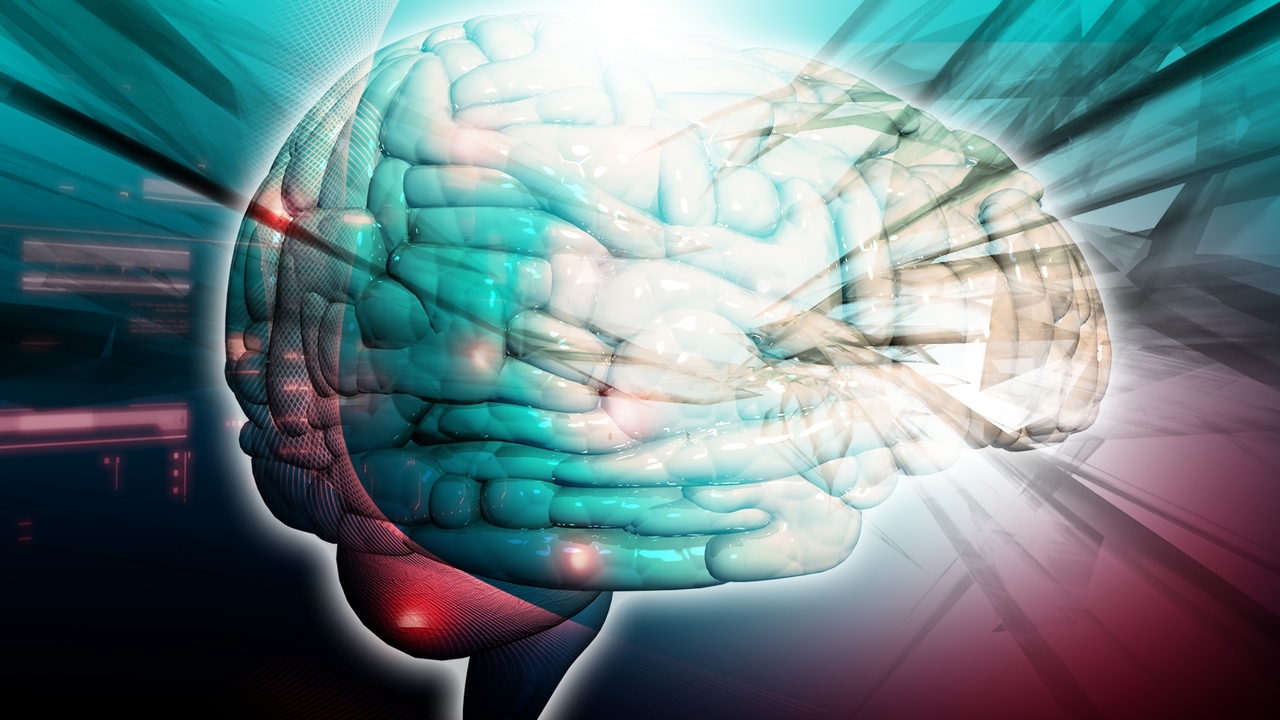A stroke is a neurological condition in which the brain does not receive the blood it needs. Without a proper blood supply, brain cells die, resulting in possible loss of function.
More than 80 percent of strokes are ischemic strokes, in which a blood clot interferes in blood flow, according to the University of Maryland Medical Center. About 20 percent of strokes are hemorrhagic strokes, noted the University of Maryland Medical Center, in which bleeding in the brain disrupts the brain’s blood supply.
Strokes can cause several types of sudden symptoms, including severe headache, trouble seeing with either one or both eyes, numbness and difficulty with coordination.
But some people do not have symptoms. This type of stroke is called a silent stroke, or a silent brain infarction. About 11 million people in the United States have had silent strokes, and they may affect about 4 percent of the population each year, according to ABC News.
Silent strokes tend to occur in the elderly. Individuals who have hypertension or smoke have a higher risk of having a silent brain infarction. But the neurological condition can also occur in children who have sickle cell disease.
A study conducted at the Johns Hopkins Children’s Center found that in a sample of 814 children between the ages of 5 and 15, 31 percent of them had had a silent stroke. The researchers also found that children with sickle cell disease had a higher risk of a silent stroke if they had hypertension, anemia or both.
A silent brain infarction can cause lasting health problems. For example, the University of Maryland Medical Center noted that individuals who have had a silent stroke have an increased risk of having another stroke. In elderly patients, a silent stroke may contribute to mental impairment.
In a study conducted at the Taub Institute for Research on Alzheimer’s Disease and the Aging Brain at Columbia University Medical Center, researchers found that the 174 participants out of the 658 total participants had had a silent stroke and did not perform as well on the memory tests.
But moderate to intense physical activity may protect your brain against silent strokes. The study, which was conducted at Columbia University, included 1,238 people who had never had a stroke at the onset of the study.
The researchers noted their exercise patterns, ranging from no regular exercise to moderate to intense exercise. Six years later, the researchers scanned the participants’ brains and found that 16 percent had had a silent stroke.
The results of the study showed that the individuals who did moderate to intense research were 40 percent less likely than individuals who did no regular exercise to develop small brain lesions, according to HealthDay.
References
University of Maryland Medical Center. Stroke – Symptoms. Web. 16 March 2012
http://www.umm.edu/patiented/articles/how_serious_strokes_000045_4.htm
ABC News. Study: Millions Suffer Silent Strokes. Web. 16 March 2012
http://abcnews.go.com/Health/story?id=117615&page=1#.T2NGmfVYu4Y
HealthDay. Sickle Cell Disease Tied to ‘Silent Strokes’ in Children. Web. 16 March 2012
http://consumer.healthday.com/Article.asp?AID=659333
University of Maryland Medical Center. Stroke – Introduction. Web. 16 March 2012
http://www.umm.edu/patiented/articles/what_a_stroke_000045_1.htm
HealthDay. ’Silent Strokes’ Linked to Memory Loss in Elderly: Study. Web. 16 March 2012
http://consumer.healthday.com/Article.asp?AID=660249
HealthDay. Exercise May Protect the Brain From ‘Silent Strokes’. Web. 16 March 2012
http://consumer.healthday.com/Article.asp?AID=653606
Reviewed March 16, 2012
by Michele Blacksberg RN
Edited by Jody Smith






Add a CommentComments
There are no comments yet. Be the first one and get the conversation started!